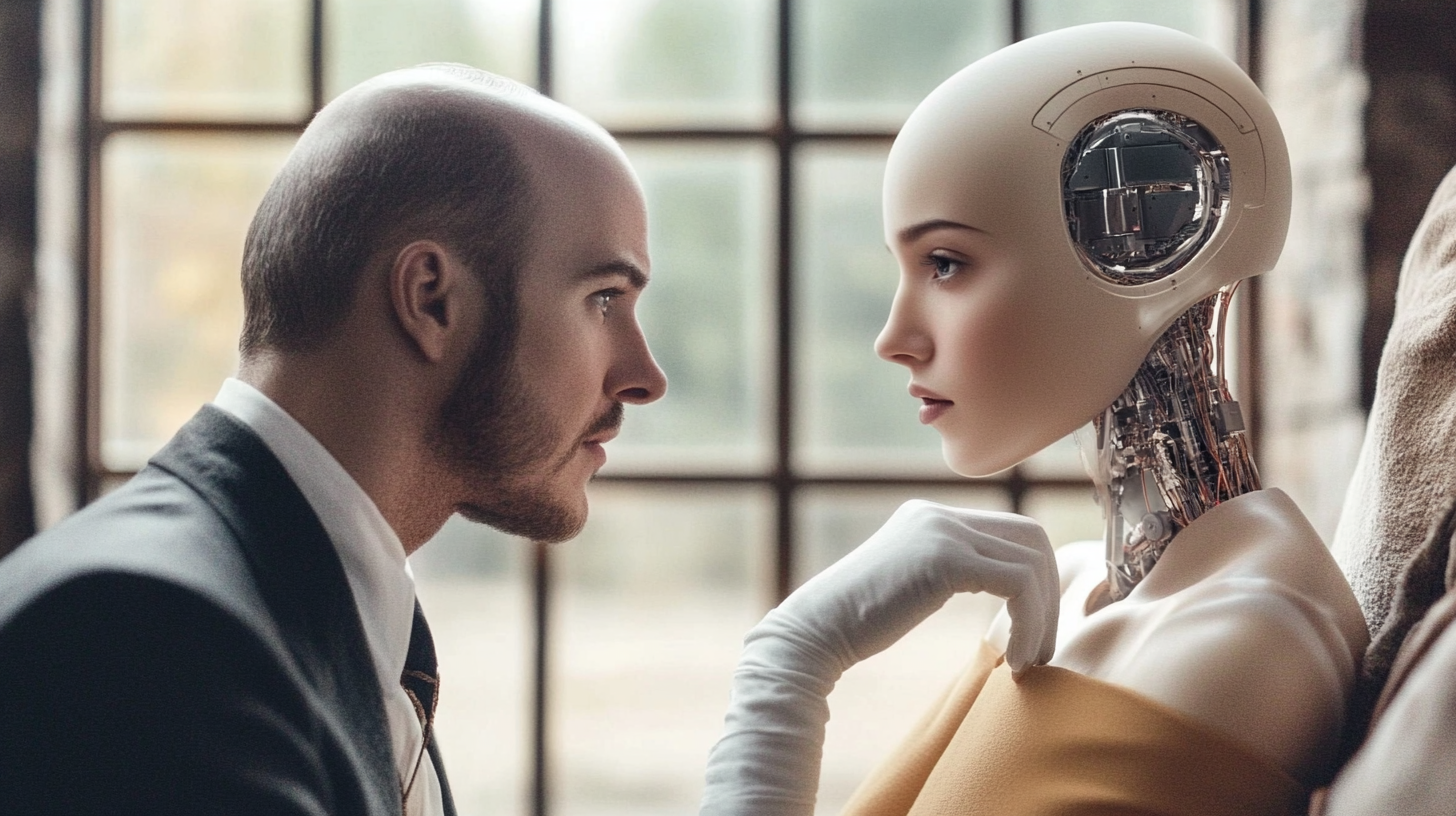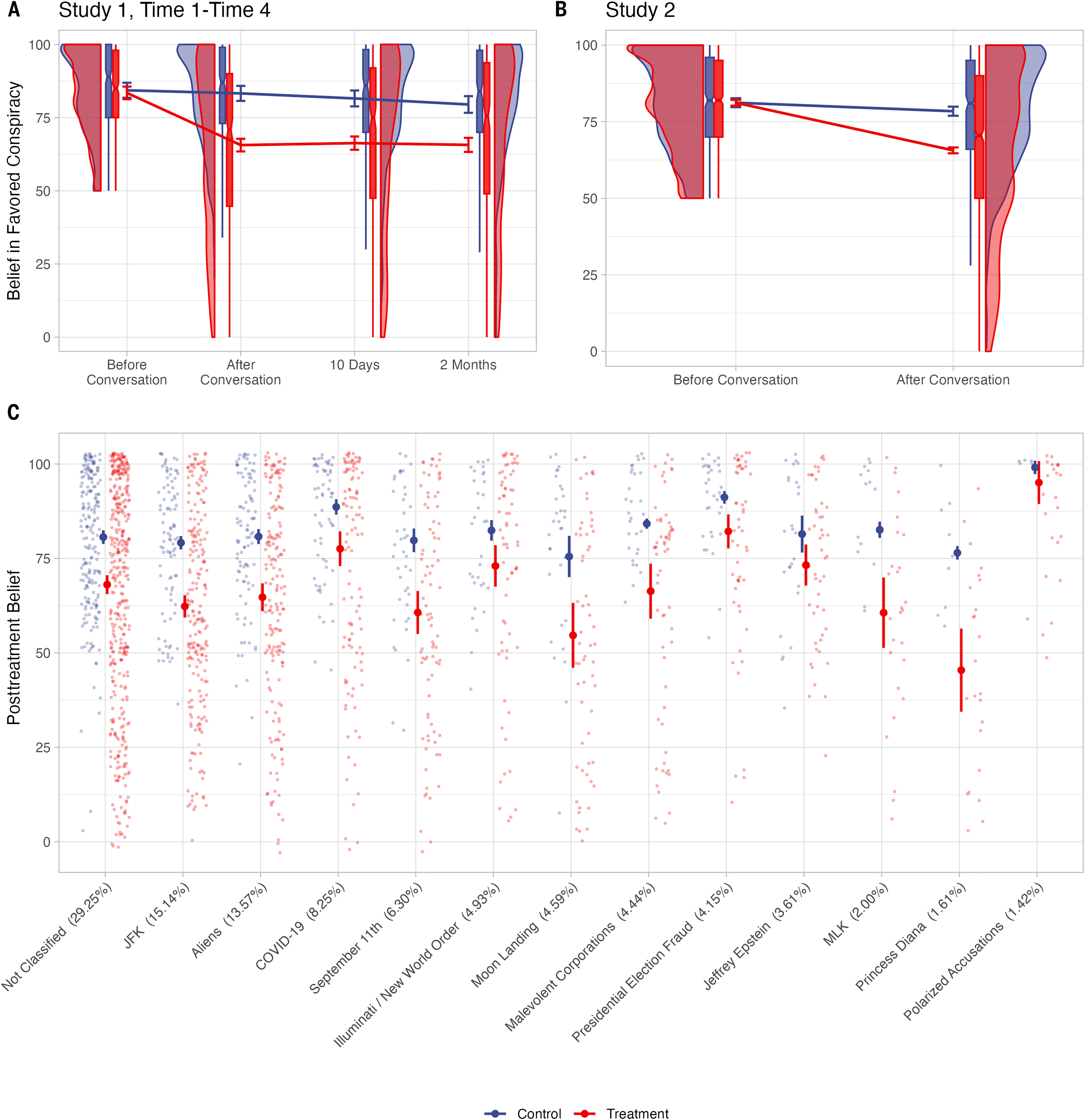Artificial intelligence convinces conspiracy theorists in 20% of cases: Stanford University study

A scientific study conducted by Stanford University has revealed that artificial intelligence can significantly reduce the belief in conspiracies among people with strong biases. Scientists note that this experiment has shown the possibility of changing the beliefs of conspiracy theorists.
The study reduced the participants' belief in their chosen conspiracy theory by an average of 20%. This effect remained unchanged for at least 2 months and was observed for a wide range of conspiracy theories, from classic ones related to the assassination of President Kennedy, the existence of aliens and the Illuminati to those related to current events such as COVID-19 and the 2020 US presidential election. This effect was observed even among participants whose conspiracy beliefs were deeply rooted and important to their identity. It is important to note that artificial intelligence has not reduced the belief in real conspiracies. Furthermore, when a professional fact-checker evaluated a sample of 128 statements made by AI, 99.2% were true, 0.8% were misleading, and none were false. Approaches that debunk conspiracy theories also led to a decrease in belief in other, unrelated conspiracies, indicating a general decline in conspiracy theories and an increase in intent to oppose other conspiracy proponents.

Illustration: science.org
( A and B ) Average belief in each participant's main conspiracy theory by condition (conversation, during which the AI tried to refute the conspiracy theory, in red; control, during which the AI discussed an irrelevant topic, in blue) and time point for Study 1 (A) and Study 2 (B). Pre-conversation beliefs were greater than 50 for all participants, as participants with a pre-conversation belief of less than 50 were excluded from the study. (C) Beliefs immediately after the AI conversation by condition and topic of the participant's main conspiracy theory. Error bars indicate 95% confidence intervals.
The study involved 2,190 Americans who expressed their beliefs in conspiracy theories and the arguments that support them. Each participant interacted with GPT-4 Turbo artificial intelligence in three-round dialogues, during which the intelligence tried to convince participants that their beliefs were unfounded with arguments and evidence.
The results showed that this approach reduced the level of belief in conspiracy theories by an average of 20%. The effect remained stable for at least two months and covered a wide range of theories, from classical to modern. Even among participants with deep-seated prejudices, conspiracy beliefs can change when presented with sufficiently convincing evidence.
The study also showed that artificial intelligence not only reduces belief in conspiracies, but also has a positive effect on changing the participants' general outlook and increasing their willingness to refute conspiracy theories in others. This study shows the potential positive impact of using artificial intelligence to resolve social conflicts and support society.
Source: science.org